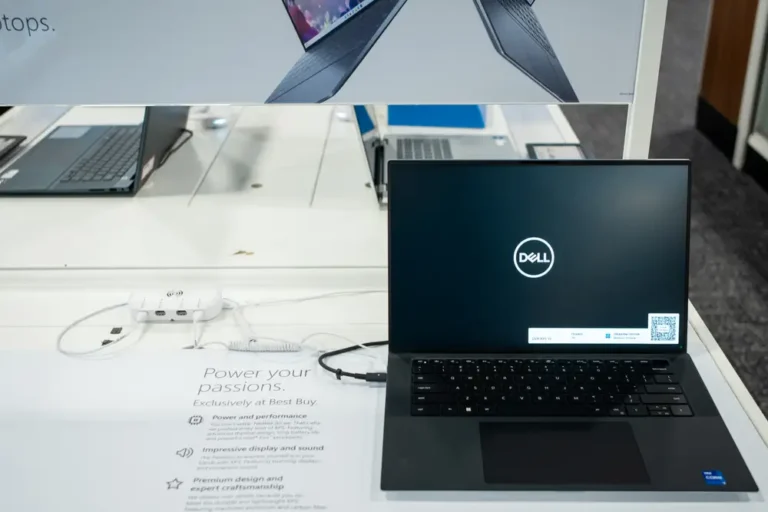Leaked Microsoft documents reveal a new employee rating system only visible to managers

- Microsoft introduced a new rating system for employees in performance reviews, documents show.
- The new ratings determine pay, but Microsoft has instructed managers not to share it.
- The documents viewed by Insider list and define the ratings.
According to documents obtained by Insider, Microsoft implemented a new rating system for employees in performance reviews that are only visible to managers.
The ratings are used to determine employees’ “rewards,” which are pay and bonuses according to Microsoft. Microsoft refers to the new ratings as “impact descriptors,” and, according to a manager’s guide obtained by Insider, they are distinct from ratings or labels applied to individuals and “will not be employee facing.”
“We don’t use performance ratings or labels because it goes against our growth mindset culture in which anyone can learn, grow, and change over time,” according to one document.
The ratings are “Lower Impact Than Expected (LITE),” “Slightly Lower Impact Than Expected (SLITE),” “Successful Impact,” and “Exceptional Impact,” as defined in a rubric viewed by Insider titled “benchmark guidance for determining impact” and labeled “manager only resource.”
The following is the full description for each rating:
- Lower Than Expected Impact (LITE): “When an employee has: not met or inconsistently met expectations during the current fiscal year, and/or not demonstrated a growth mindset by taking personal accountability for setbacks, asking for feedback, and applying learnings to have a greater impact, and/or fallen short of meeting Microsoft cultural expectations and values.”
- Slightly Lower Impact Than Expected: “When an employee has: missed a few opportunities to meet expectations and demonstrated a growth mindset by taking personal accountability for setbacks, asking for feedback, and applying learnings to have a greater impact, and/or inconsistently met Microsoft’s culture expectations and values.”
- Successful Impact: “When an employee has consistently delivered against all expectations, in many cases exceeding some expectations as well, and demonstrated a growth mindset by taking personal accountability for setbacks, asking for feedback, and applying learnings to have a greater impact, and consistently met Microsoft cultural expectations and values.”According to the guide, if an employee does not meet all of these conditions, they are delivering slightly lower or lower impact than expected.
- Exceptional Impact: “When an employee has consistently met Microsoft cultural expectations and values and delivered sustained and meaningful higher impact by exceeding all expectations and demonstrated outstanding growth mindset by continuously taking personal accountability for setbacks, asking for feedback, and applying learnings to have greater impact.”
Managers are instructed to describe employees’ impact using impact descriptors such as “you delivered [successful/exceptional/lower/slightly lower] impact this past fiscal year when you…” Managers are not permitted to use impact descriptions as a rating or label, such as “you received successful/exceptional/slightly lower impact,” nor are acronyms such as LITE or SLITE permitted.
According to the documents, the new ratings are intended to assist managers in determining impact and rewards, providing clear performance feedback to employees, and assisting employees in better understanding how their impact relates to their rewards. According to a Microsoft spokesperson, the ratings are not intended to be a rating or label for employees, but rather to create clarity and consistency. Managers can use the language as long as it is tied to specific examples, according to the spokesperson.
“Grounding in successful impact allows us to continue to reserve exceptional rewards for exceptional impact and be clear when there is lower impact than expected so lower rewards are not a surprise,” according to one document.
Microsoft implemented the new rating system after freezing salaries and reducing budgets for bonuses and stock awards this year. The company instructed managers not to bring it up with employees during performance reviews. According to a document obtained by Insider, managers should not use budget cuts as a “explanation” for compensation decisions for individual employees, but rather emphasize that the employee’s own “impact” determines “rewards.”






